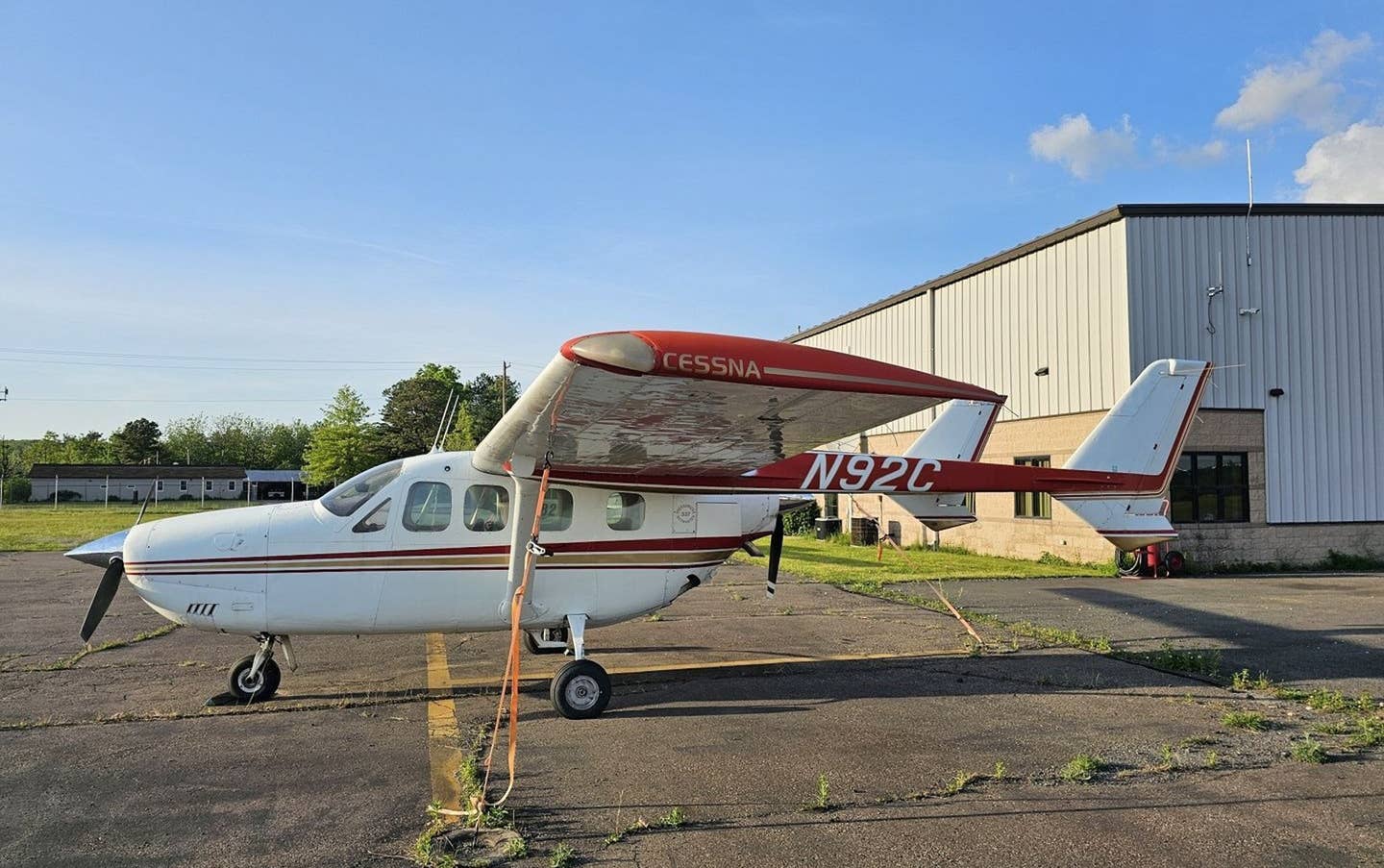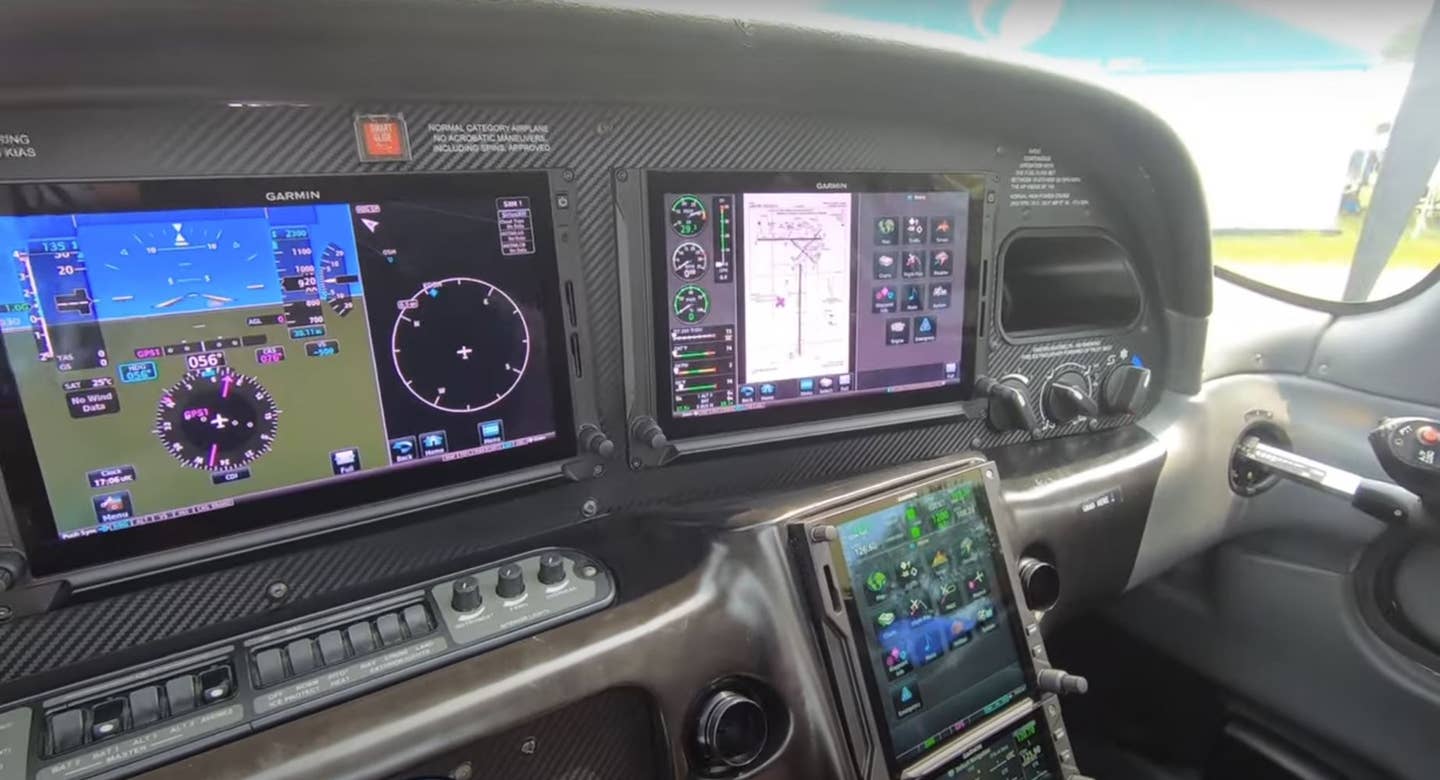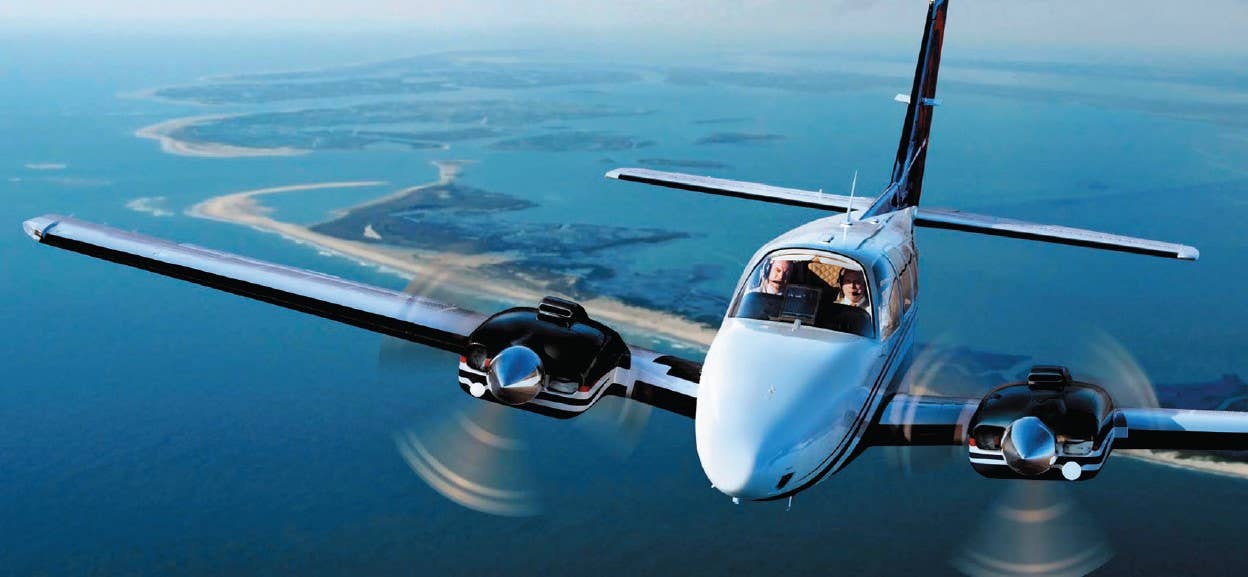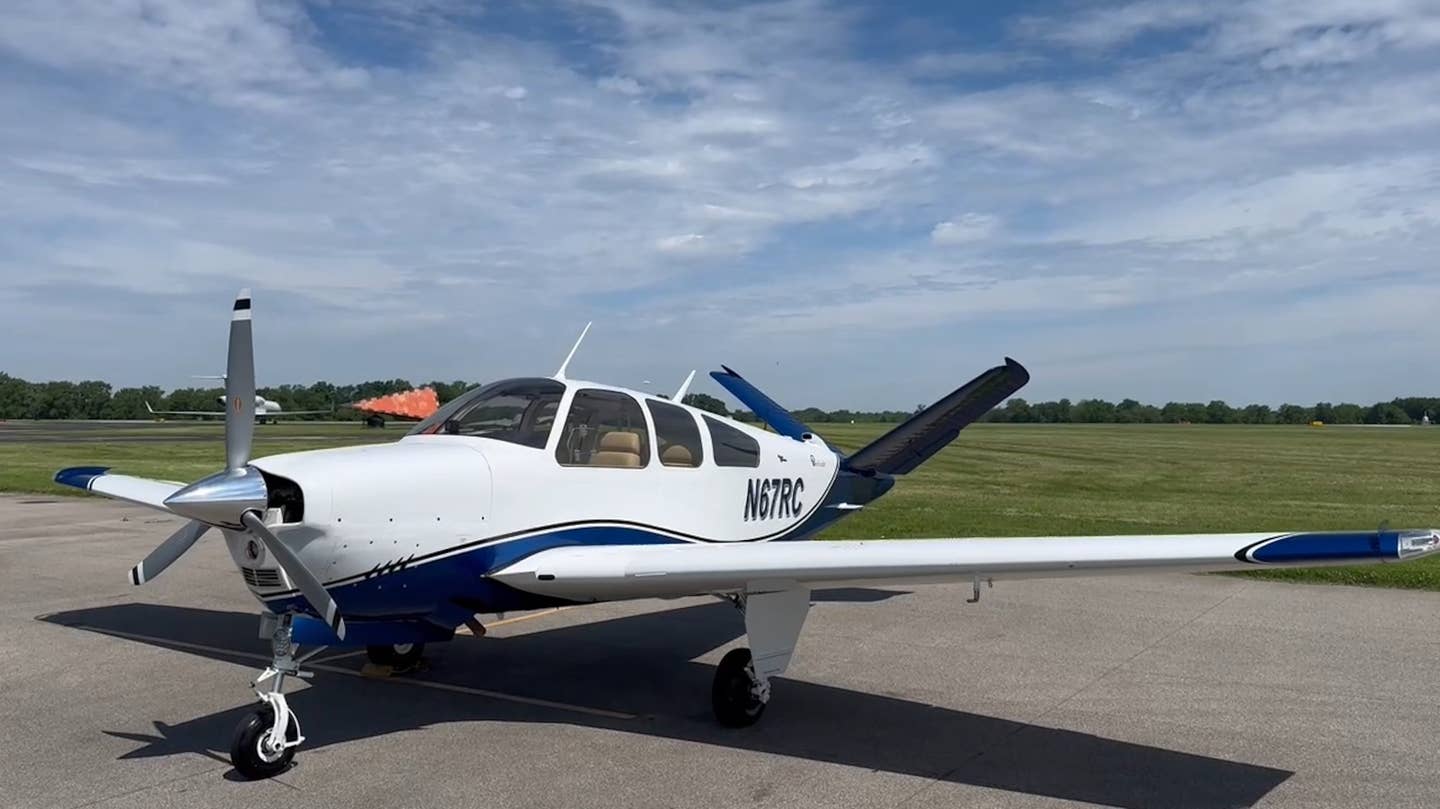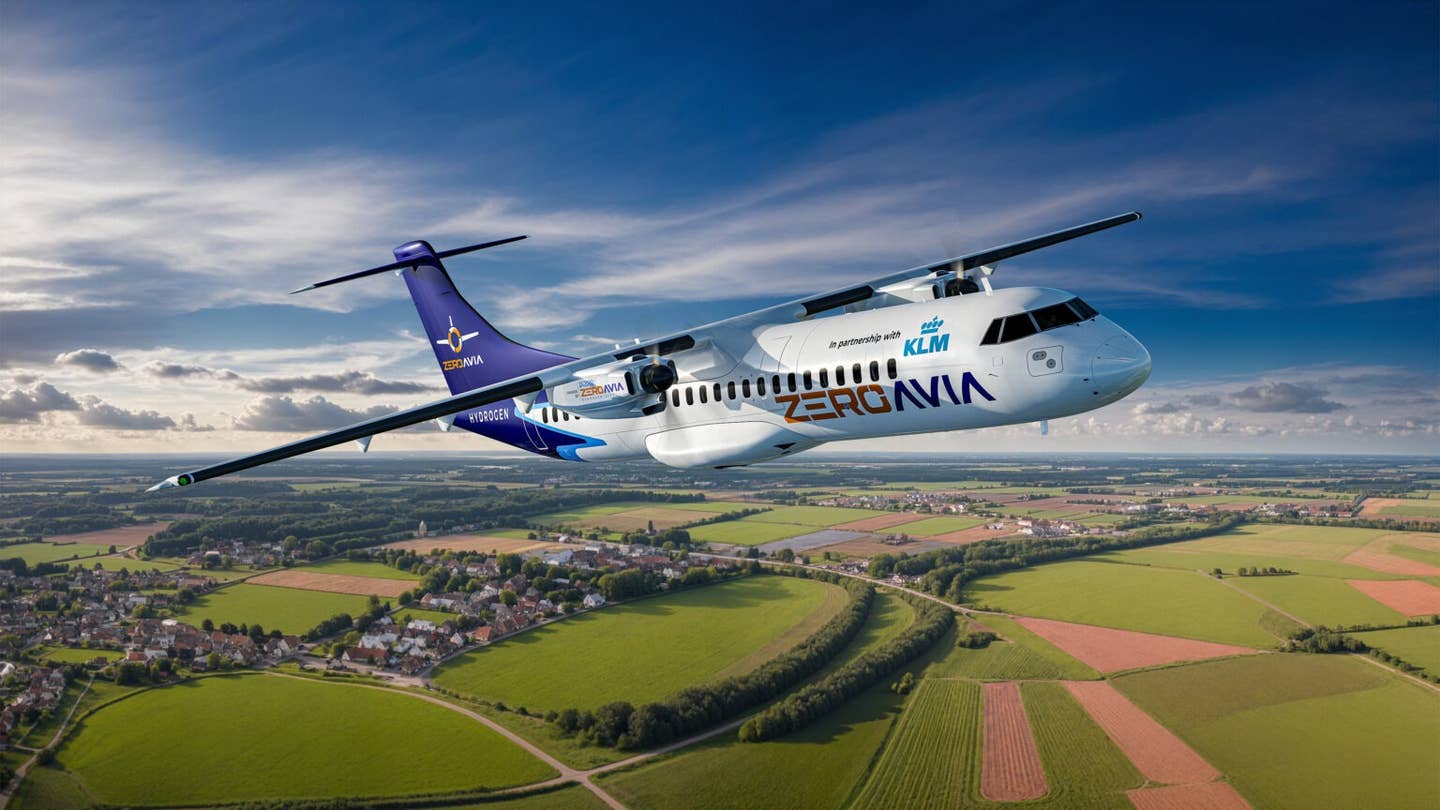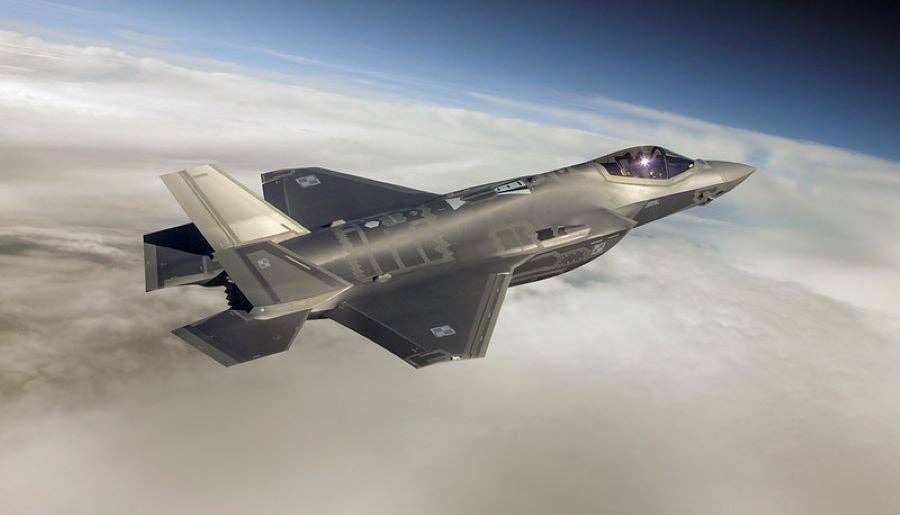FlyExclusive, SmartSky Expands Wi-Fi Partnership Ahead of IPO
In a joint interview with FLYING, the CEOs of both companies discussed their partnership, the expectation of inflight connectivity, and flyExclusive’s planned IPO.
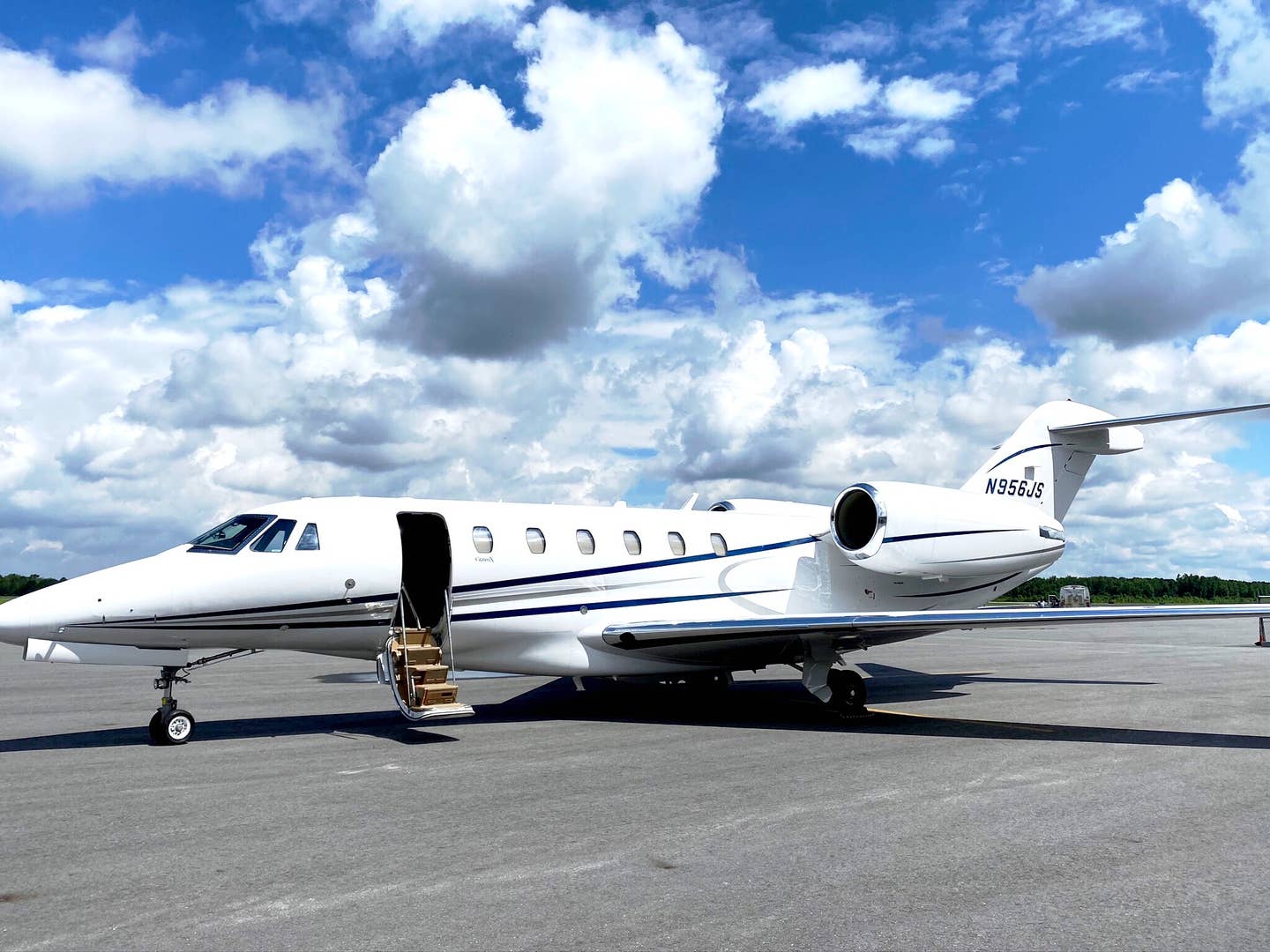
The Part 135 operator also expanded its partnership with SmartSky Network, the fast-growing air-to-ground (ATG) inflight connectivity provider. [Courtesy: flyExclusive]
After announcing last week that it would become a publicly traded company through a $600 million special purpose acquisition company (SPAC) merger, flyExclusive also shared that it was planning to purchase as many as 14 Cessna Citations from Textron Aviation.
The news comes as the Part 135 operator also expanded its partnership with SmartSky Network, the fast-growing air-to-ground (ATG) inflight connectivity provider. During the 2022 National Business Aviation Association’s Business Aviation Convention and Exhibition (NBAA-BACE) held in Orlando last week, the companies teamed up to display SmartSky's latest technology onboard a flyExclusive jet, following the installation of the ATG hardware on a series of Cessna Citation Xs at flyExclusive's facilities in Kinston, North Carolina.
In a joint interview with FLYING, the CEOs of both companies discussed their partnership, the expectation of inflight connectivity, and, broadly, flyExclusive's planned IPO.
New Trends in Inflight Connectivity
Jim Segrave, founder and CEO at flyExclusive said one reason it was important to work with SmartSky was that the company has "delivered dependable and secure connectivity that not only enhances the passenger experience, which offers the ability to live stream and conduct high-quality video calling but also provides real-time data transfer to and from the aircraft."
SmartSky's CEO Dave Helfgott said that is in part because the company has engaged in connectivity research, funding, and building a network for nearly a decade. Then the pandemic came along, private aircraft sales boomed, and SmartSky was a direct benefactor of customer demand for Wi-Fi on board.
Helfgott explained that as the work-from-anywhere trend advanced and more people got access to private aviation, the idea of Wi-Fi not being on board was less of a question. Segrave agreed—"The expectation of whether or not you have it is 100 percent. If you don't have it—they don't want to charter your plane."
Then, on top of that, is reliability.
"It's amazing how upset customers get if the [Wi-Fi onboard] doesn't work," Segrave explained. "They're bent out of shape. So, reliability is a big factor for us."
Is Gogo losing its Spot?
To be fair, FlyExclusive already had another Wi-Fi provider on board some of the other aircraft in its fleet through Gogo, the market leader in ATG solutions. Yet, when it started to add SmartSky's solutions to its jets in March, it meant replacing some of Gogo's antennae from some of the FlyExclusive aircraft.
Assuredly, it also marked another chapter in a contentious relationship between SmartSky and Gogo. In February, SmartSky sued Gogo, alleging that Gogo's 5G product infringed on four SmartSky patents. Though that issue is sorted out, Segrave said the change was just to diversify the business.
"Instead of having all your eggs in one basket, let's diversify," Segrave said. "What SmartSky is doing is exciting to me, directionally, and I think the industry needs what they're providing, which is some other service."
How Does Starlink Compare?
So how does SmartSky make its service reliable, and what does it think about new market entrants like Elon Musk's Starlink satellite offering disrupting the market?
"There's no one pure-play solution," Helfgott said. "Satellites are good at broadcasting data. So, if you want to get a lot of bandwidth to an aircraft, and it's a big aircraft—because it needs larger antennas—in that case, satellites are a good idea." However, Helfgott points out that the typical customer, for the most part, doesn't require all that data. "For most aircraft, like those in the super-midsize category, air to ground is the best option."
That explains why the partnership with flyExclusive also makes sense because, as Segrave points out, the Citation fleet is one of the most prolific. Earlier this year, in February, Textron Aviation said it delivered its 8,000th Citation.
Added to that, Helfgott explains that delivering reliable Wi-Fi to a fast-moving business jet is more complex than it seems. Using the Citation as an example, which Helfgott calls a "fast airplane," the CEO explains just how difficult it is to do what his company does.
"You can't just take traditional 4G or 5G technologies, or even satellite technologies, and hope they're just going to work on an airplane going that fast," Helfgott said. "You need to adjust for the extended coverage. Handovers are happening nearly every 10 seconds because you're going so fast. So, just thinking you can throw up a network and it's going to work in aviation is a terrible idea."
Road to IPO
As for going public via a SPAC, Segrave says he's not worried about the trend where SPAC companies have been struggling. Instead, he views it as a growth opportunity because, unlike others who've used that financing mechanism, flyExclusive's operation isn't "speculative."
In other words, Segrave says he's strived to build a responsible business since launching in North Carolina less than ten years ago in 2015. Aside from investing in customer experiences, he said the company has tried to become vertically integrated, for instance, by doing its required maintenance in-house. They've also done that with pilot training.
It will be more challenging than it looks, though, because there is plenty of competition. The week before, Flexjet also announced its own SPAC-IPO, joining Wheels Up (NYSE: UP) already in that space. Then, there are the privately owned but well-funded Berkshire Hathaway's NetJets, Inc. and Vista Global's VistaJet and XO.
Even with his best efforts, Segrave admits, "there's a lot of pressure." He says that's because FlyExclusive employs more than 800 workers, which the CEO says means the decisions the company makes have the potential to affect thousands of people—but he's optimistic.
"From our standpoint, the way we've grown this business is by investing in the customer experience. If we can pull it off in this market, it might put us in a really good place," Segrave said.

Subscribe to Our Newsletter
Get the latest FLYING stories delivered directly to your inbox

